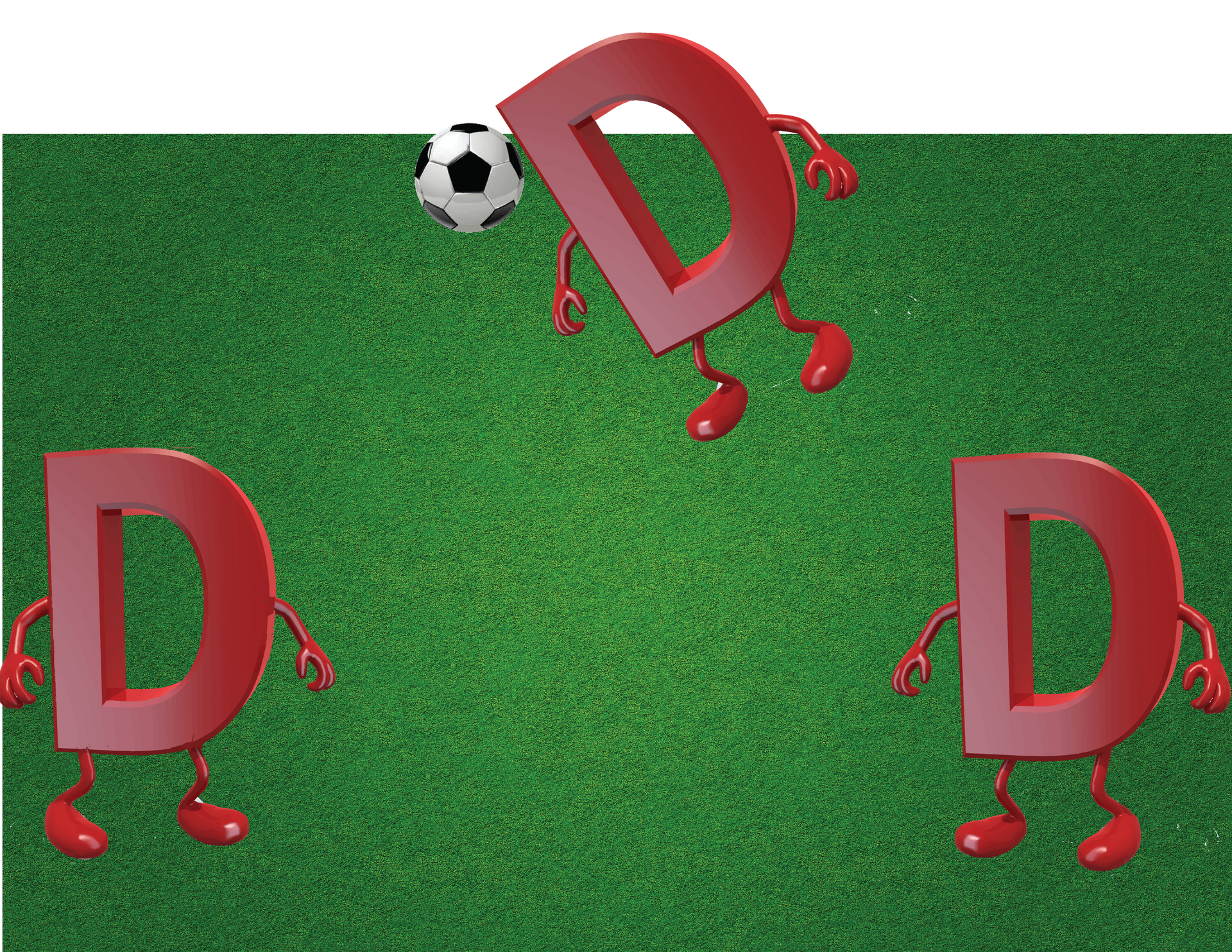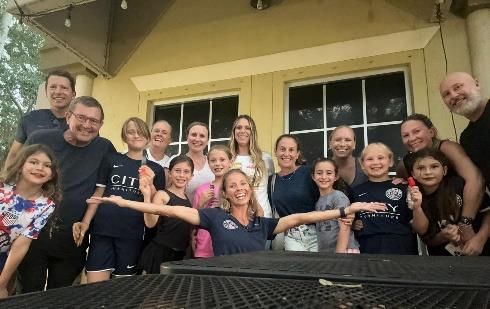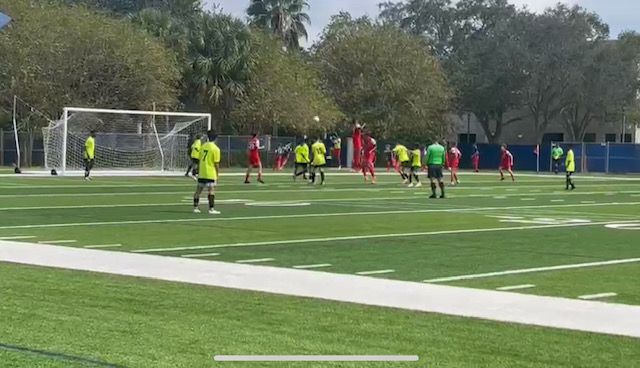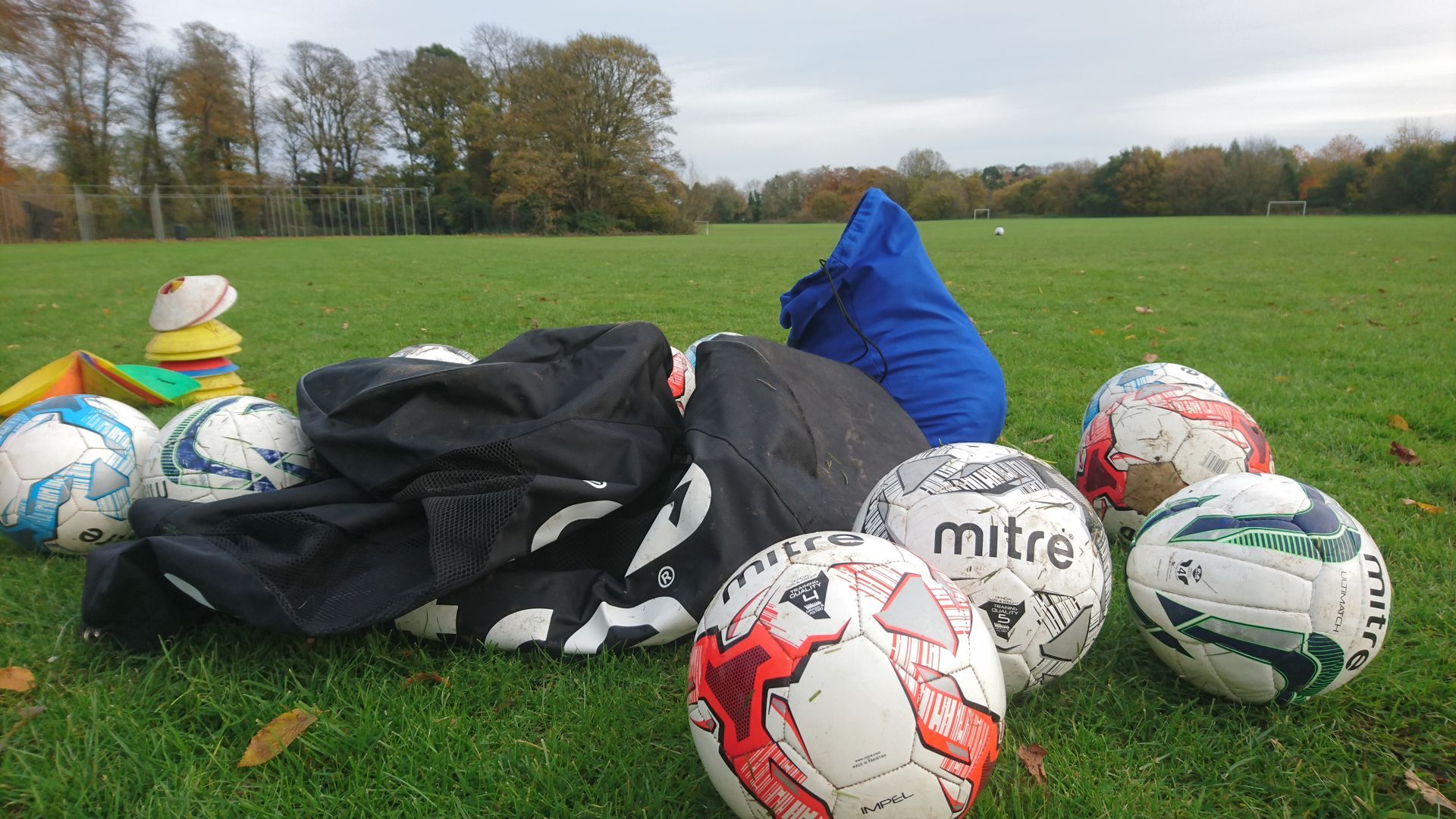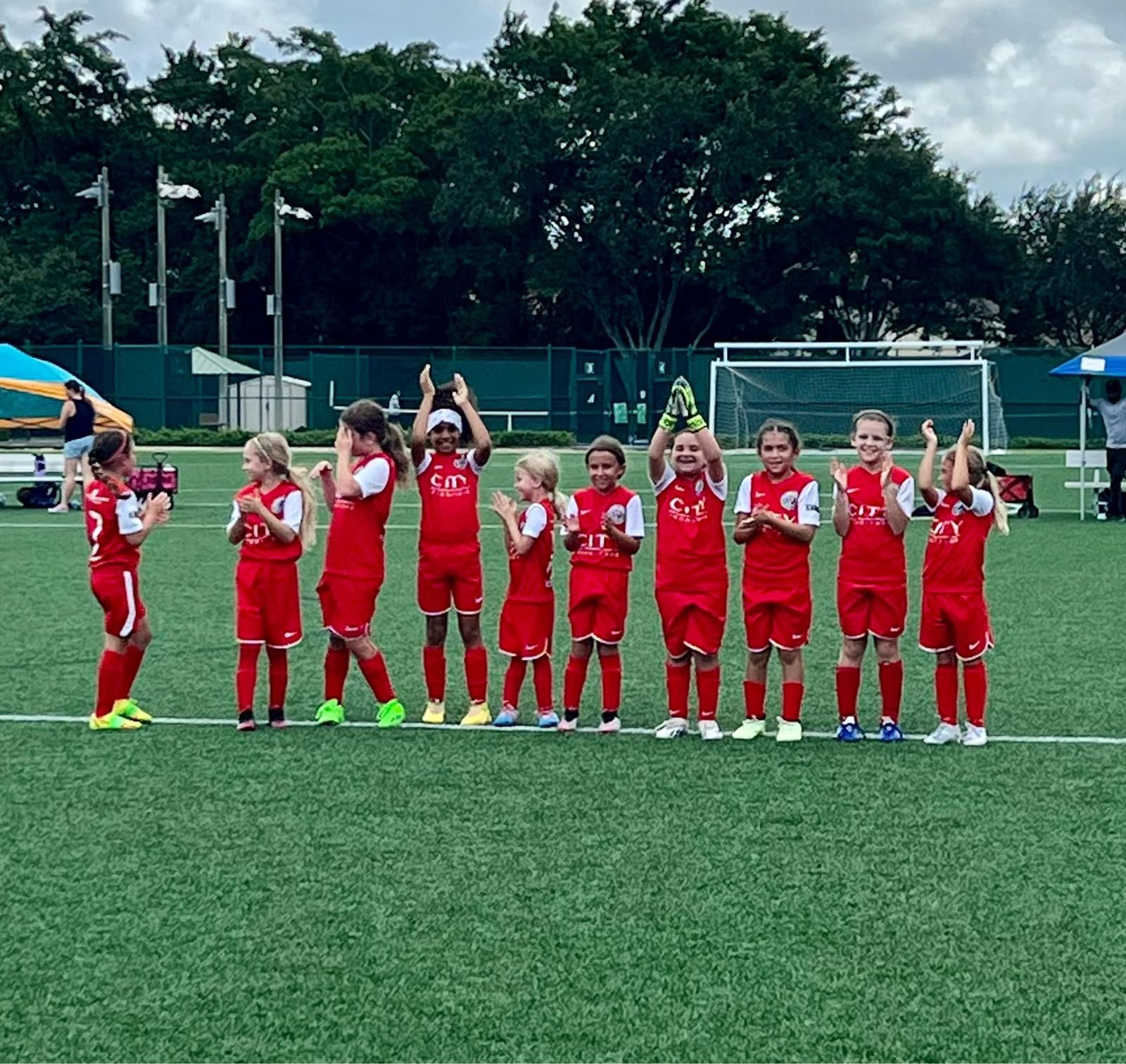THE POWER OF YET!
Understanding a Growth Mindset
By Luis A. Valente, Director of Coaching and Soccer Operations
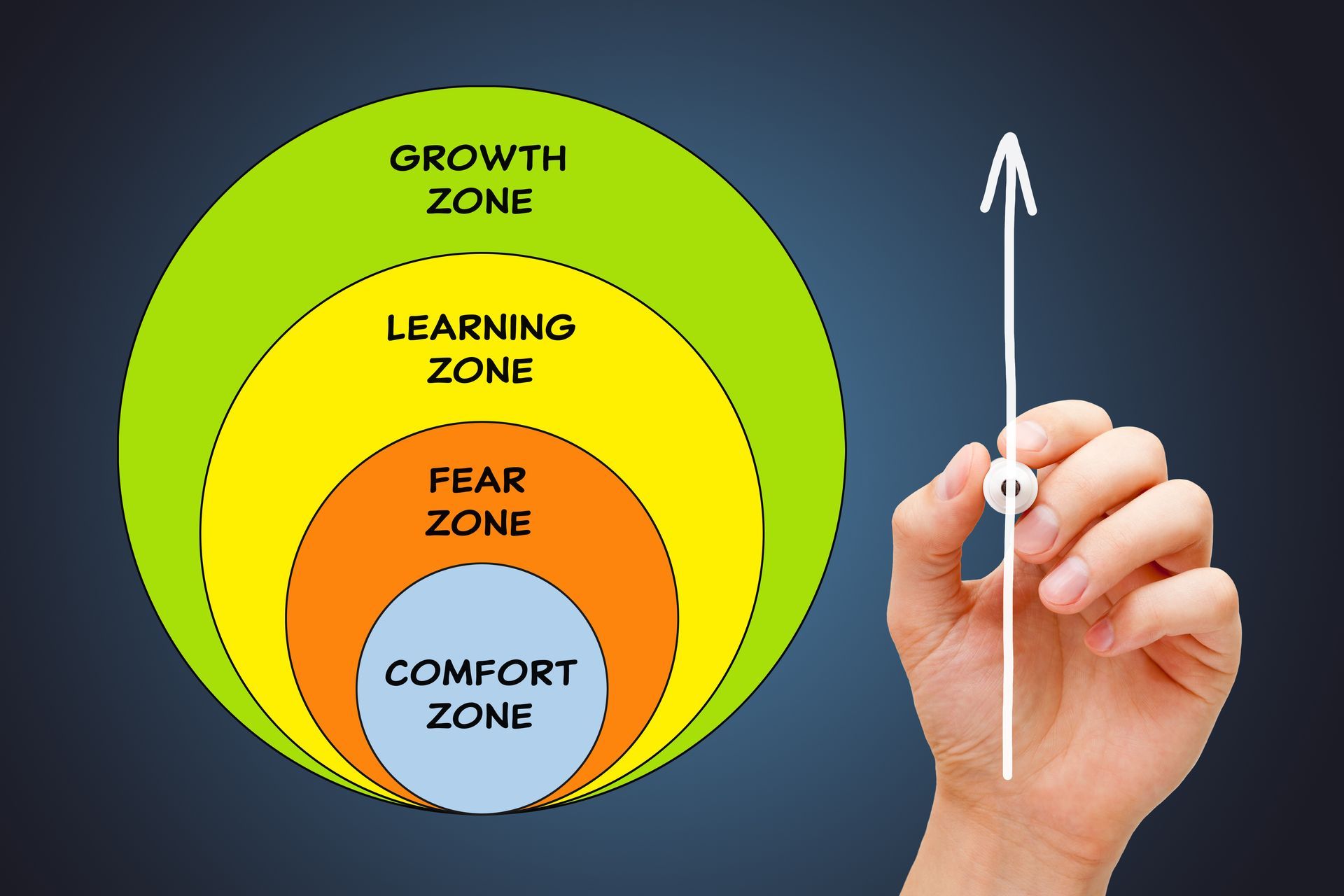
In a world driven by consumerism and instant gratification, it is easy to get lost in the long term needs of student-athletes.
Carol Dweck, a Professor of Psychology at Stanford University, found two prevalent types of mindsets in her research. A fixed mindset, which interprets that we are born with a certain range of abilities, and we cannot do anything about it. The other a growth mindset, which considers tasks as learnable and achievable. Her research also noted that students who were praised for effort rather than outcome, tended to be more resilient and performed better in the long term than students that focused on the results of a test or homework assignment. She found that students that saw mistakes and lack of ability as an opportunity to grow, over time, did consistently better than students who perceived them as weaknesses or something to be ashamed of. The praise of effort combined with the growth mindset of the students was found to be a tool for the development of good habits. When students understood that with time, effort, and work they could achieve those previously out-of-reach goals, they found a recipe for success.
These concepts are very applicable to our world of soccer. Way too many young players, within a large spectrum of skill, tend to grow up with a fixed mindset. When the game becomes challenging, giving up seems to be the better answer to them. The growth mindset is a Parkland Soccer Club value. We want our players to view mistakes as opportunities for growth and learning. It is not that the player cannot do something, it is that they cannot do it, YET! It is okay for players to feel challenged - that is how they grow. Let’s encourage them to say “YET.” Let’s make sure that it is not “Coach, I can’t juggle,” but rather, “Coach, I can’t juggle, YET!” Let’s help our athletes find the power to learn and grow. Let’s help them find their superpower of YET.

